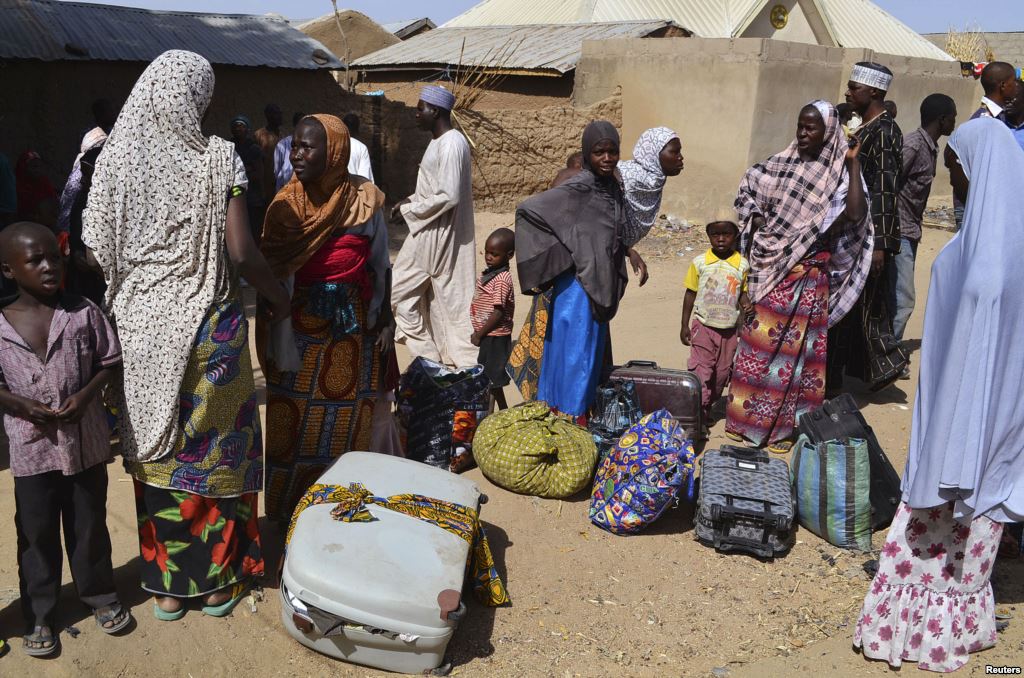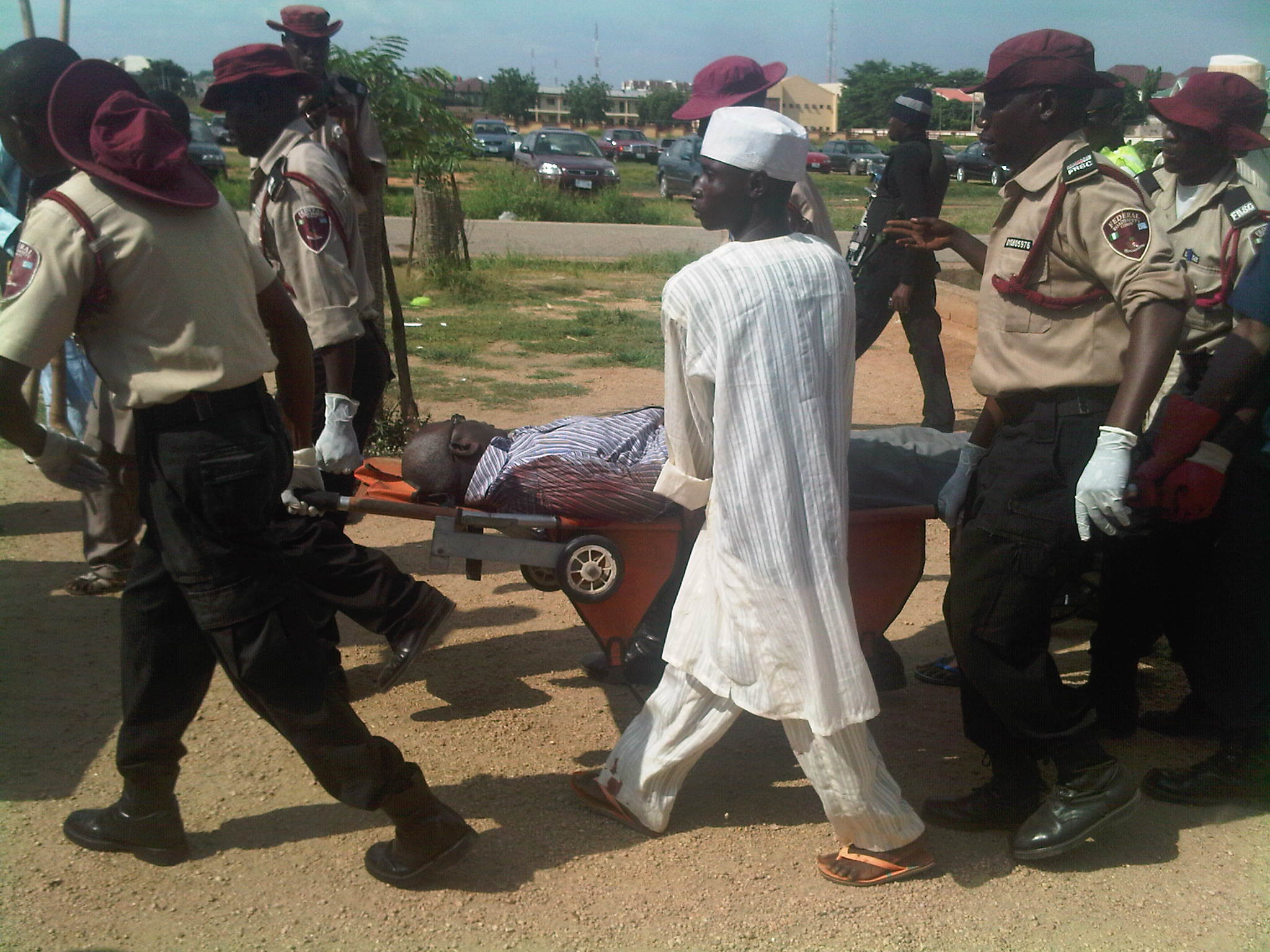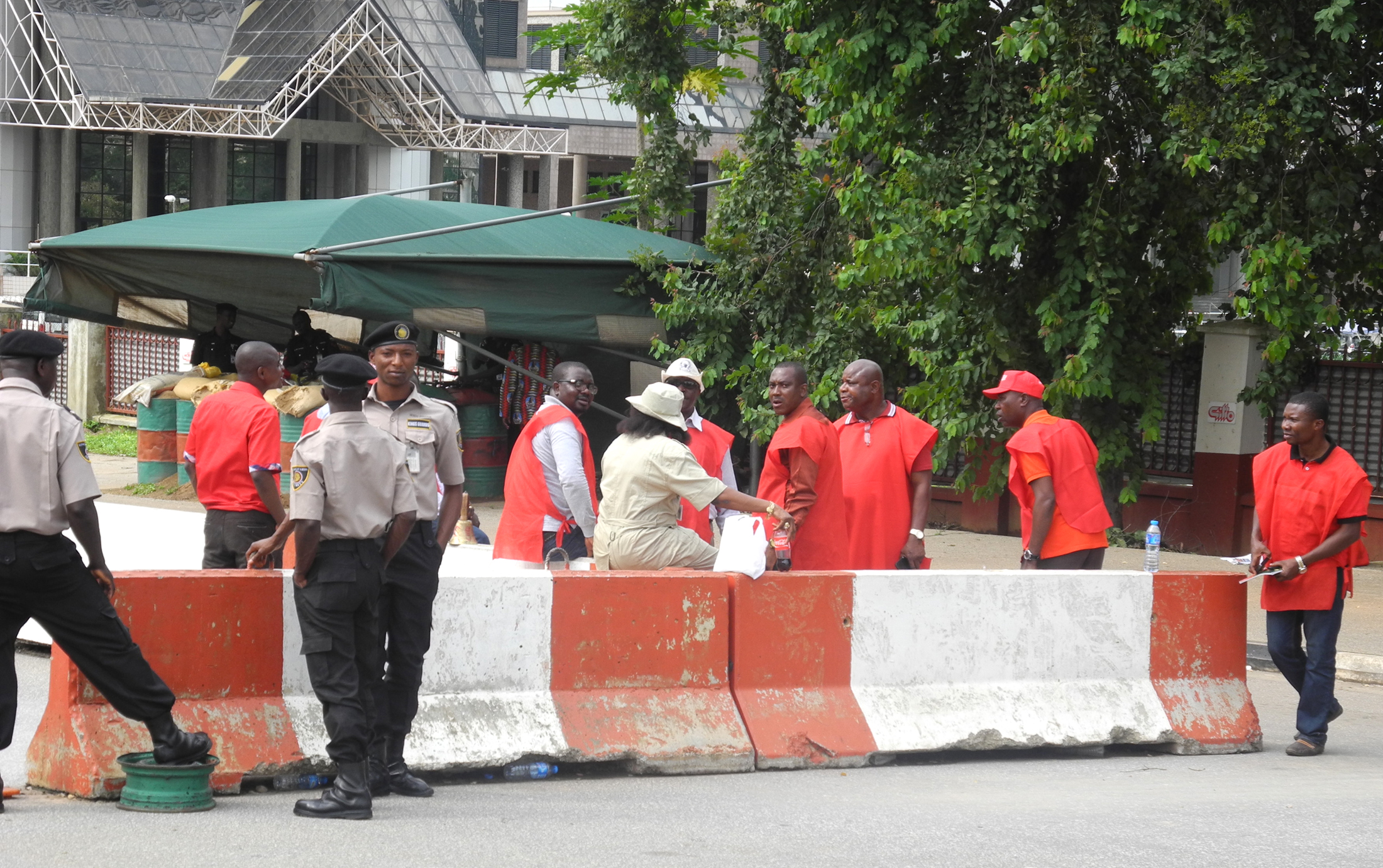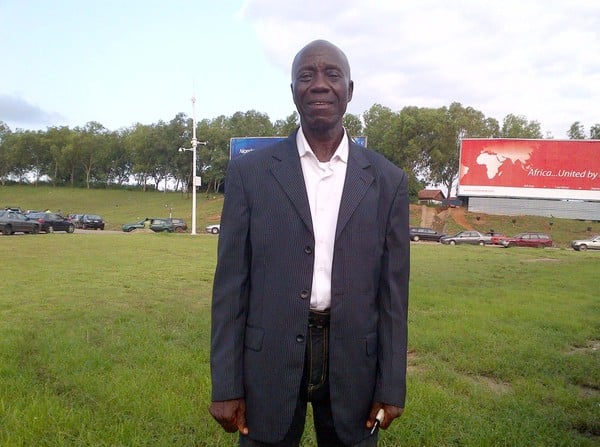The United Nations High Commissioner for Refugees (UNHCR) has issued a joint call on donors for $34m to fund urgent operations to help tens of thousands of Nigerian refugees in Cameroon, Chad and Niger.
According to a statement on its website, the refugee agency and its 16 partners need the funding to provide protection and life-saving aid to more than 75,000 people who have to date fled from the escalating violence in northeastern Adamawa, Borno and Yobe states, and to help thousands more who are expected to arrive in Cameroon, Chad and Niger by end of the year.
“The Nigeria Refugee Response Plan, presented to donors today, covers the most immediate protection and assistance needs of up to 95,000 people fleeing Nigeria until the end of the year. Given the upsurge in violence, these numbers will probably need to be revised upwards,” it said.
UNHCR spokesman Babar Baloch told journalists in Geneva that more than 11,000 refugees crossed into Cameroon and Chad in August alone, while some 15,000 people have arrived in Niger’s Diffa region since the beginning of August, many of whom have settled on the islands of Lake Chad.
Advertisement
September attacks in Borno and Adamawa have prompted new refugees to make for Cameroon and Niger.
“In Cameroon, the newly-arrived are occupying school buildings and churches; some are staying with host families and others are living in the open and sleeping rough. The high prevalence of respiratory infections among children is of great concern,” Baloch said.
“Over the past weekend, newly-arrived refugees told our teams at the border area that insurgents had attacked their villages in the areas of Gwoza, Bama, Pulka and Idagala in Borno state, and stole everything before burning their houses. Some refugees are seriously traumatised, having seen their relatives being brutally killed.
Advertisement
“Refugees reportedly said that a group of 40 to 60 armed men arrived in their village on motorbikes, telling villagers to embrace a more radical Islam and join their ranks, threatening to kill them.
“The refugees escaped their homes at night and walked for days before reaching the relative safety of Kolofata, Mora and Fotokol in Cameroon – a long journey for children who arrived exhausted and with wounded feet. Refugees said that villages were mostly empty on the Nigeria side, with only old and disabled people remaining.”
“Fearing more cross-border attacks in Cameroon, we have started to transfer the newly-arrived refugees to the refugee camp in Minawao, some 120 kilometres further inland. Since the last week of August, nearly 8,000 refugees have been transferred to the camp, which now hosts over 13,000 people.”
UNHCR observed that the volatile security situation in Cameroon’s far north region seriously hampers these relocation efforts, and more than 13,000 refugees remain at the border with Nigeria.
Advertisement
It revealed that iin total, Cameroon is hosting some 43,700 Nigerian refugees, according to authorities, including 26,753 refugees who have been registered by UNHCR.
“Dozens arrive on a daily basis. In Niger, a growing number of people continue to arrive, with more than 70 per cent of them being women and children.
“An escalation of the violence in Nigeria and the threat on the outskirts of Maiduguri, the capital of Borno state, would lead to an even greater influx into neighbouring countries. Some Chadian nationals are also arriving, transiting through Niger to return to their country.”
Baloch noted that the displaced were seeking accommodation in local villages and this put pressure on the host communities.
Advertisement
“These communities are in areas experiencing chronic food insecurity, environmental problems and a general lack of basic services,” he said.
“Therefore, humanitarian efforts are focusing on strengthening local capacities and services, including health and education facilities, involving the host communities,” he said.
Advertisement
Meanwhile, Baloch said that in a bid to better protect the nearly 650,000 internally displaced people in Nigeria’s six northeastern states, UNHCR was helping to set up a protection monitoring system that would allow the agency to identify and profile protection problems, followed by an adequate response.
“UNHCR and its partners will also provide shelter assistance and domestic items to displaced people with special needs,” he said. “UNHCR, as part of the UN relief effort, is appealing for an additional US$5.5 million for these activities in Nigeria.”
Advertisement
1 comments








God please provide for me so that I can reach out to these less privileged ones. Amen